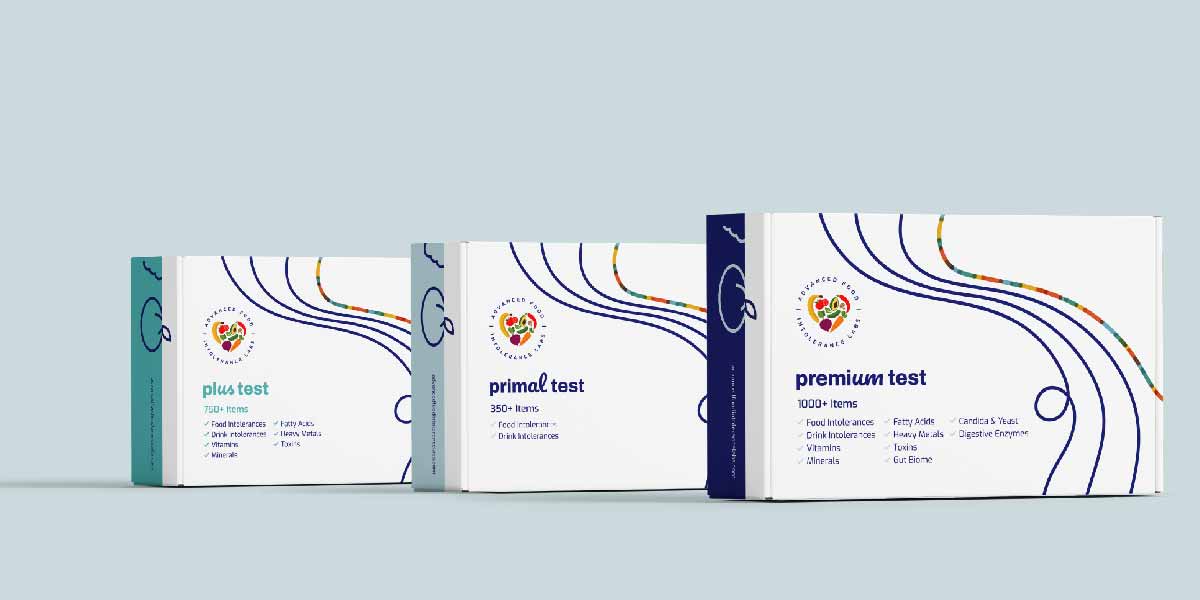Table of Contents
Tuna: the humble canned fish with a surprising amount of complexity when it comes to diabetes management. It's a source of protein, omega-3s, and potential blood sugar benefits. But is it always a smart choice? Let's navigate the murky waters of mercury, hidden food intolerances, and smart pairings for optimal health as a person with diabetes.

Tuna: The Nutritional Powerhouse (With a Few Caveats)
- The Protein Punch: Tuna is a protein superstar, crucial for blood sugar stability and keeping you feeling full. Protein slows down digestion, preventing those dreaded post-meal blood sugar spikes.
- Omega-3s to the Rescue: These heart-healthy fats are anti-inflammatory powerhouses, which can be a major plus for diabetes management. Omega-3s may improve insulin sensitivity and help with overall cardiovascular health.
- The Carb-Free Zone: Tuna fits perfectly into a low-carb eating plan, making it an easy addition to diabetic-friendly meals and snacks.
Tuna: The Potential Troublemakers
- The Mercury Conundrum: Larger tuna varieties like albacore or bigeye can accumulate higher levels of mercury. Chronic exposure can be harmful. Stick with lower-mercury options like skipjack or canned light tuna, especially during pregnancy.
- The Sodium Surprise: Canned tuna is often a sodium bomb, contributing to high blood pressure – a major risk factor for heart disease, especially when you have diabetes. Rinse canned tuna, or better yet, opt for low-sodium varieties.
- Food Intolerances: The Invisible Culprit: Could tuna be causing digestive woes, fatigue, or even subtly affecting your blood sugar levels, despite its nutritional benefits? Food intolerances often manifest in sneaky ways, and a food intolerance test kit can illuminate hidden sensitivities.
Is Fish Good for Diabetics? Expanding Your Horizons
The American Diabetes Association wholeheartedly recommends fish twice a week, and tuna is a great option. But don't limit yourself! Explore a variety of fish:
- Fatty Fish Power: Salmon, mackerel, herring – more omega-3 goodness!
- Lean White Fish: Cod, tilapia, flounder – versatile and mild.
- Fresh vs. Frozen: Frozen fish is often just as nutritious and budget-friendly.

Savvy Tuna Strategies for Diabetes Success
- Choose Wisely: Prioritize canned light tuna and check those labels for low-sodium options.
- Watch Your Portions: Even good things can be too much. Stick to recommended serving sizes.
- Fresh is Best (When Possible): Grilled tuna steaks or fresh tuna salad are fantastic choices.
- Make Tuna Exciting: Ditch boring tuna salad! Add crunch with celery and onion, herbs like dill or cilantro, a squeeze of lemon, and healthy fats like avocado.
- The Tuna Test: If you suspect tuna upsets your stomach or worsens blood sugar, temporarily eliminate it. Reintroduce slowly and monitor your symptoms.
The Intolerance Factor: Could Tuna Be Sabotaging You?
Despite doing everything "right," some people find seemingly healthy foods don't agree with them. Food intolerances can manifest as digestive distress, bloating, fatigue, skin issues, and even impact blood sugar. Intolerances are tricky beasts, often delayed and hard to track down on your own. This is where a food intolerance test kit can change the game and personalize your diet for optimal health.
Important Note: Always consult with your doctor or a registered dietitian to develop a personalized meal plan specifically for your diabetes.
The Tuna Verdict: Enjoy in Moderation & Listen to Your Body
Tuna absolutely can be part of a healthy diabetes diet! Choose wisely, enjoy it alongside tons of fresh veggies, and practice mindful eating techniques. If you’re not sure if tuna might be causing some digestive issues, consider testing for food intolerances for potential answers.



